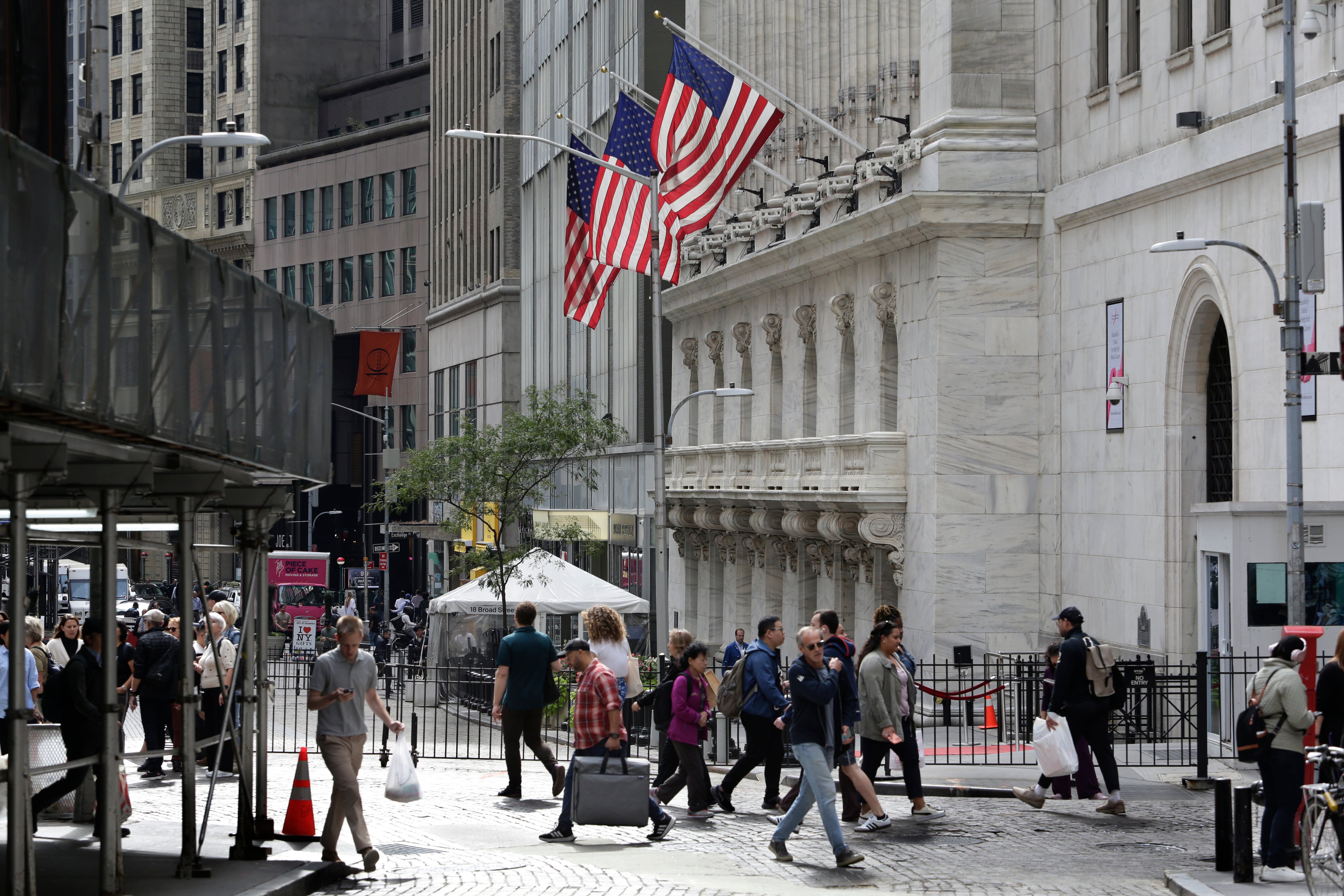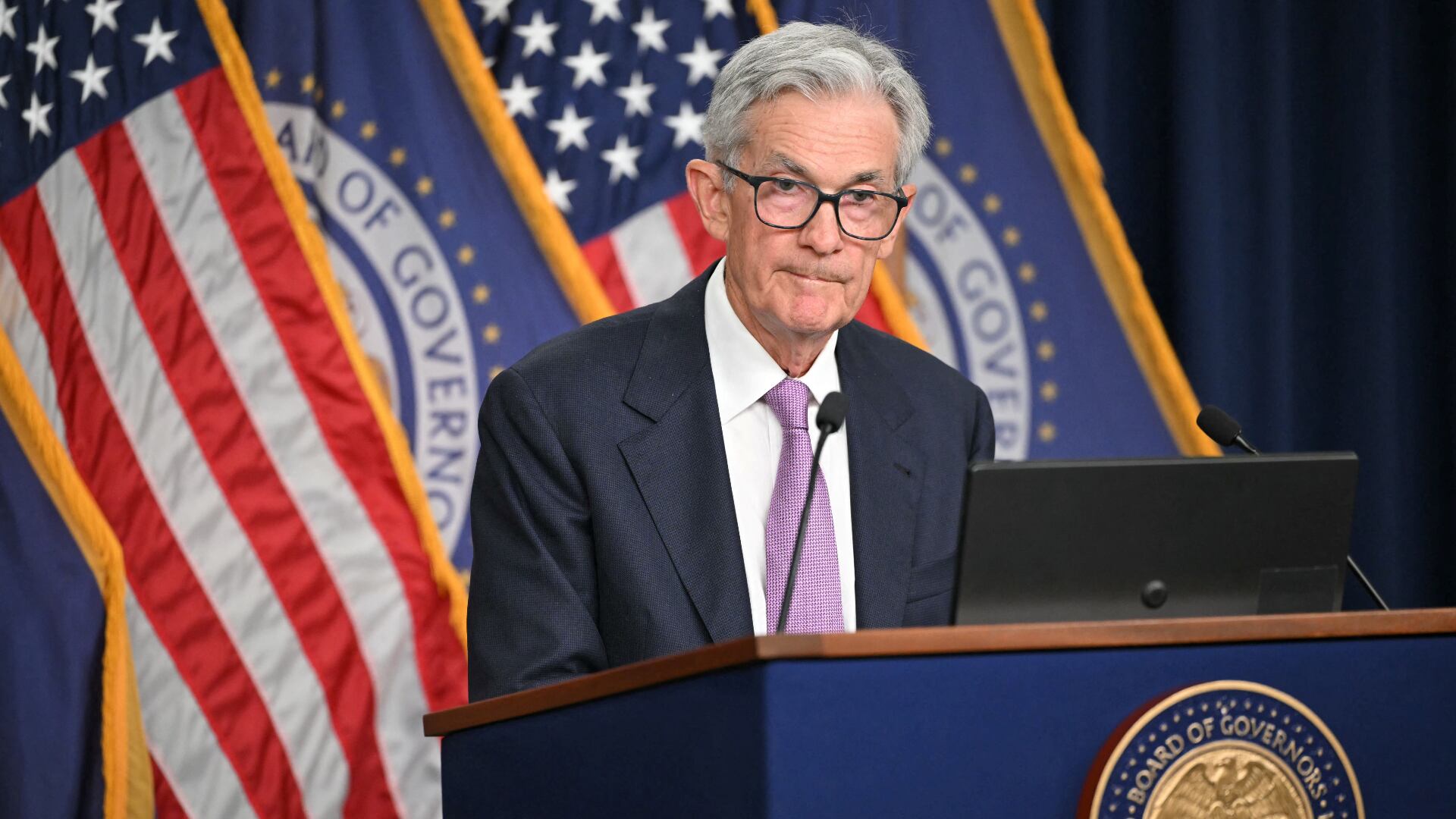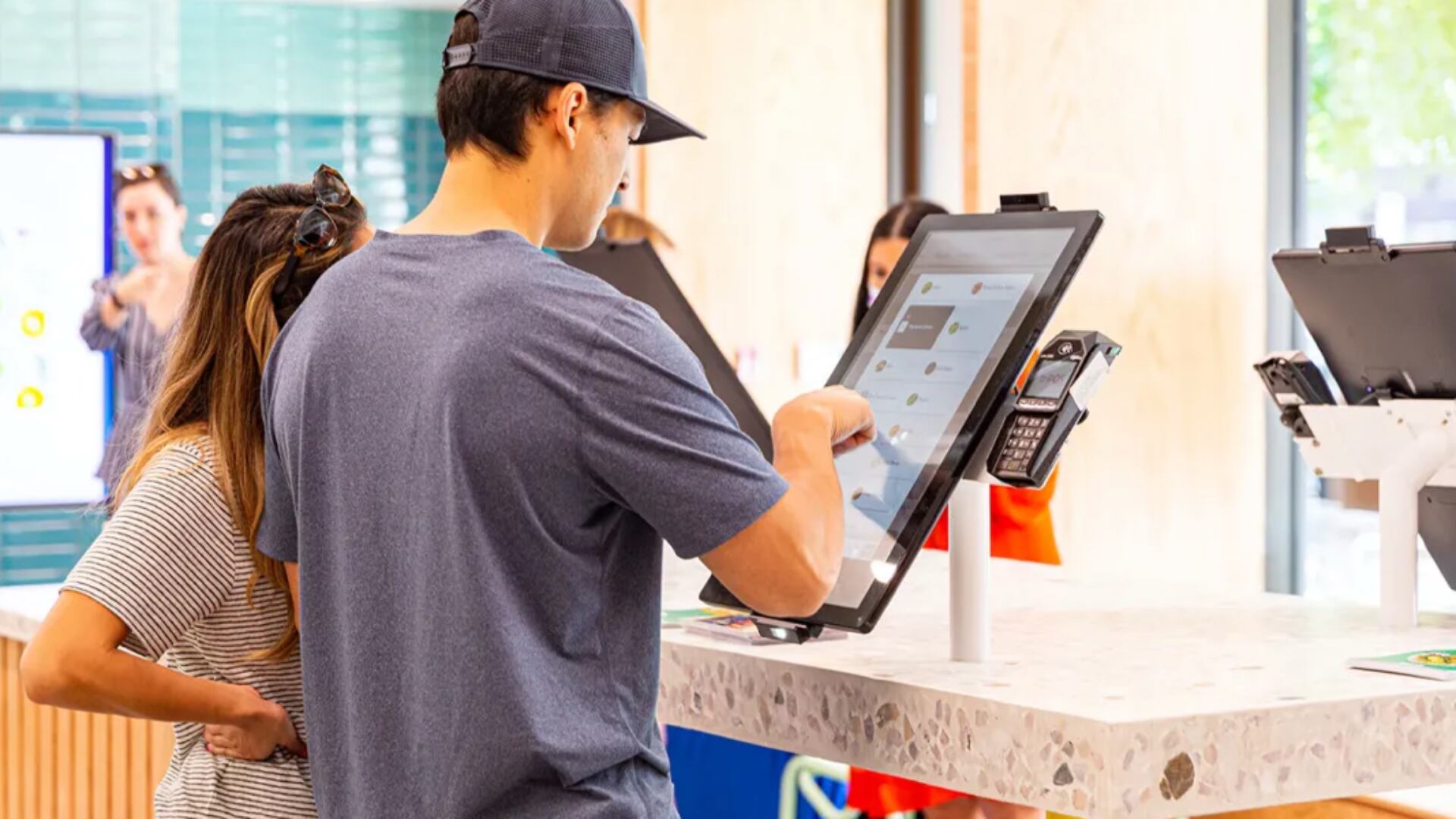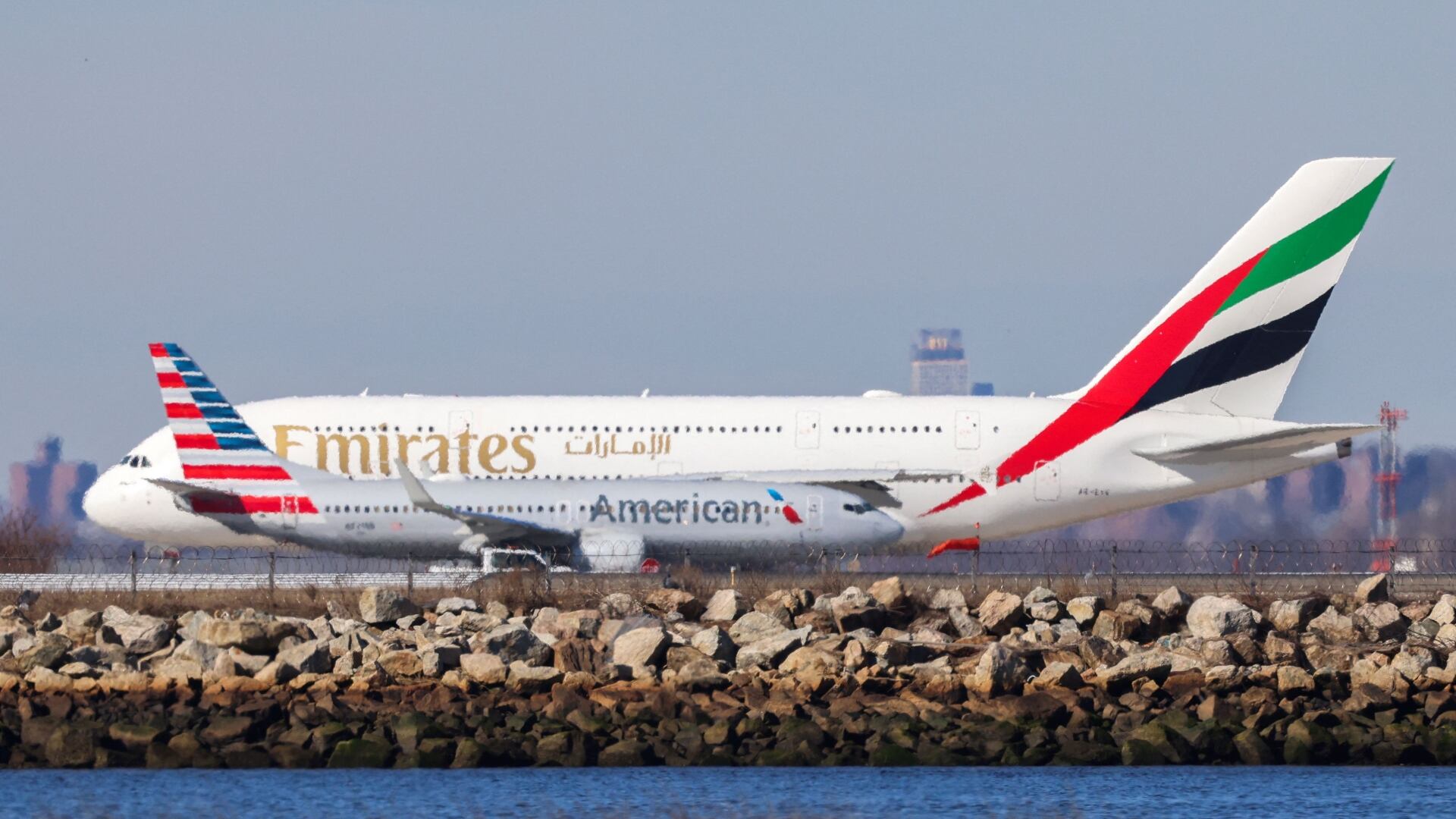By Stan Choe, Damian J. Troise, and Alex Veiga
Stocks are closing out a tumultuous week with broad gains, led by familiar names in technology including Apple. The S&P 500 rose 1.4% Friday but still ended the week lower, breaking a two-week winning streak. Stocks meandered between gains and losses for much of the morning then rose steadily in the afternoon. The calm trading offered a soothing coda to what’s been a wild week. From Monday’s astonishing plummet for oil to Thursday’s sudden disappearance of a morning stock rally, markets pinballed as the mood swung from fear to hope and back again amid the coronavirus pandemic.
THIS IS A BREAKING NEWS UPDATE. AP’s earlier story is below:
Gains for stocks are accelerating in afternoon trading Friday as Wall Street nears the end of its tumultuous week.
The S&P 500 was up 1.1%, with big technology stocks driving the gains, following losses for stocks in Europe and Asia. The bond market was quiet, while crude prices climbed again.
“The market sort of feels like Dorothy coming to the crossroads and has yet to meet the scarecrow to tell her which way to go,” said Sam Stovall, chief investment strategist at CFRA.
Friday’s trading in U.S. markets offered a soothing coda to what’s been a wild week. From Monday’s astonishing plummet for oil to Thursday’s sudden disappearance of a morning stock rally, markets pinballed as the mood swung from fear to hope and back again.
The S&P 500 is still on track for a 1.7% loss this week, as worries about the economic damage dealt by the coronavirus outbreak outweigh hopes that businesses could reopen as infections level off in some areas. It would snap the first two-week winning streak for the S&P 500 since it began selling off in February.
Reports piled higher through the week showing the pandemic is bludgeoning the economy even more than economists had feared. It’s so severe that a heavily divided Congress has reached a bipartisan agreement on massive support for the economy, and President Donald Trump signed a bill Friday to send another nearly $500 billion into the economy, including loans for small businesses and aid for hospitals.
The big question for markets is when the economy can reopen, said Mike Zigmont, head of trading and research at Harvest Volatility Management. Businesses can get by for a few months on government help, he said, but if the shutdown drags on longer than that they could be permanently damaged.
Many investors have essentially agreed to swallow horrific corporate profits and economic data in upcoming months — and potentially all of 2020 — and they’re turning their focus to who can survive and eventually grow their profits in the future.
Next week is scheduled to be one of the busiest of this earnings season, with more than 150 companies in the S&P 500 reporting how much they made during the first three months of the year. Many companies in recent weeks have pulled their profit forecasts entirely for 2020 given all the uncertainty with the pandemic, and Wall Street analysts are slashing their own estimates.
“I don’t really think that’s added to the concern of investors because they assume that companies will be doing a lot of writing down in this bad year so that 2021 could look even better,” said CFRA’s Stovall.
The Dow Jones Industrial Average was up 197 points, or 0.8%, to 23,710 as of 3 p.m. Eastern time. The Nasdaq was up 1.2%.
Gains for Apple and other big technology companies helped lift the market. Tech stocks make up an outsized portion of the S&P 500, a quarter of the index’s total market value by themselves. And because the index‘s movements are dictated by changes in market value, the performance of the biggest stocks can have a disproportionate effect.
Stocks have been generally rallying since late March on promises for massive aid from Congress and the Federal Reserve, along with more recent hopes that parts of the economy may be close to reopening. In Georgia, some businesses said Friday they’ve begun welcoming back customers after the governor eased a monthlong shutdown.
But many professional investors have been skeptical of the market‘s recent rally. They say that there’s still too much uncertainty about how long the recession will last and that attempts to reopen the economy could backfire and trigger more waves of infections if they’re premature.
In a demonstration of how hungry the market is for a vaccine or treatment for COVID-19, which could drive more confidence, the S&P 500 erased a rally of more than 1% in a span of seconds on Thursday following a discouraging report about a potential drug treatment. The Financial Times said a Chinese study of the drug found no positive effect, citing data published accidentally by the World Health Organization, though the company behind the drug said the data represented “inappropriate characterizations” of the study.
Through all the volatility, many investors saving for retirement have been holding steady. They’re calling in for advice much more often, and the average number of calls going into Fidelity Investments each day jumped 20% in the first three months from a year earlier.
But the majority of savers with 401(k) accounts at Fidelity did not pull back on their contributions during the quarter. The average rate stayed steady at 8.9%, even as they watched their balances drop, and a handful of savers even increased their contribution rate as some saw an opportunity to perhaps buy low.
The S&P 500 is down about 17% from its record in February after roughly halving its loss since late March.
In Europe, the German DAX lost 1.7%, France’s CAC 40 fell 1.3% and the FTSE 100 in London dropped 1.3%. In Asia, Japan’s Nikkei 225 fell 0.9%, South Korea’s Kospi lost 1.3% and the Hang Seng in Hong Kong slipped 0.6%
The price of a barrel of U.S. oil to be delivered in June rose 2.7% to settle at $16.94. It had dropped as low as $6.50 earlier this week on worries that oil storage tanks are close to topping out amid a collapse in demand, leaving nowhere to keep the extra oil that’s piling up. In one corner of the U.S. oil market, prices even dropped below zero momentarily.
Brent crude, the international standard, rose 0.5% to $21.44 per barrel.
The yield on the 10-year Treasury note slipped to 0.59% from 0.61% late Thursday. Yields tend to fall when investors are downgrading their expectations for the economy and inflation.












